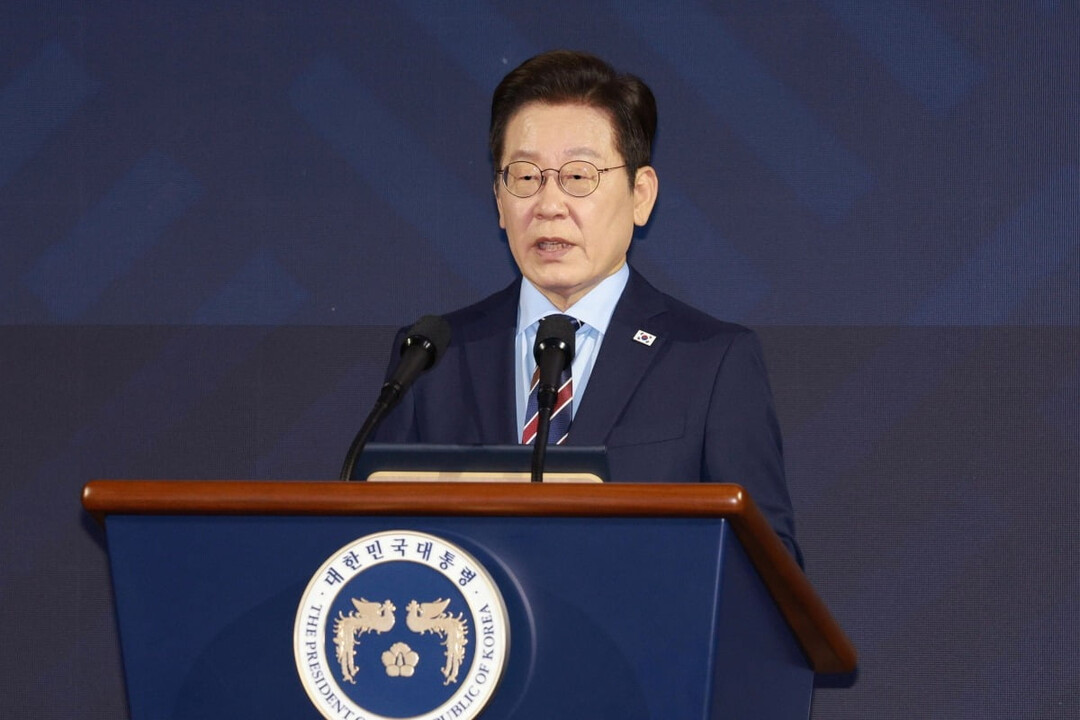
SEOUL—President Lee Jae-myung announced sweeping reforms aimed at enhancing the rights and participation of the estimated 7 million overseas Koreans on Thursday, marking the annual World Korean Day ceremony at the Grand Walkerhill Hotel in Seoul. The President publicly committed to lowering the age threshold for dual citizenship and revolutionizing the overseas voting system to make it dramatically more accessible.
Overhauling the Overseas Voting System
In his commemorative address, President Lee strongly criticized the current overseas voting process, calling the inconvenience—which often requires citizens to travel vast distances at significant cost and time—an "unacceptable situation."
The President pledged that the government would take immediate and comprehensive action to ensure overseas Koreans can "easily exercise their sovereign rights as citizens of the Republic of Korea near their location."
He explicitly suggested exploring innovative electoral reforms, including the implementation of a mail-in voting system or electronic voting. He also proposed a massive logistical overhaul, including "hiring temporary staff to ensure voting is made as easy and close as possible." These remarks signal a serious intent to adopt the measures long requested by the global Korean community and already utilized by advanced nations such as the United States and Canada to guarantee their citizens' voting rights abroad. Lee acknowledged potential domestic debate over the changes but stressed that strong support from the overseas community would enable rapid reform.
Pushing to Lower the Dual Citizenship Age Limit
Addressing another long-standing desire of the diaspora, President Lee formally declared his administration's plan to reduce the age requirement for dual citizenship. Currently, the privilege is strictly limited to individuals aged 65 and older.
Lowering this age is viewed as a strategic move to attract global Korean talent, invigorate the economy, and help mitigate the nation's severe demographic challenges, particularly the shrinking population. The government and the Overseas Koreans Agency have already commissioned studies and conducted polls to gauge the social impact of such a change. Overseas Korean communities have advocated for a significantly lower age, often suggesting a reduction to 40 or 55.
Strengthening Consular Support
Beyond electoral and citizenship reforms, the President vowed to significantly strengthen and reorganize consular functions. He promised that diplomatic missions would move beyond "simple civil affairs processing" to actively supporting and organizing the expatriate community's "sincere devotion," signaling a commitment to a qualitative improvement in administrative services for overseas Koreans.
The 'World Korean Day' ceremony, established as a national commemorative day in 2007, aims to recognize the contributions of the diaspora and strengthen ties with the motherland. The event saw over 370 attendees, including key figures like Overseas Koreans Agency Commissioner Kim Kyeong-hyeop and leaders of Korean associations from around the world. President Lee personally presented government awards to six meritorious overseas Koreans, honoring their dedication.
President Lee’s announcements are seen as a powerful reaffirmation of the government's commitment to protecting the rights and safety of its 7 million citizens abroad, and actively supporting their growth as global leaders.
[Copyright (c) Global Economic Times. All Rights Reserved.]




























